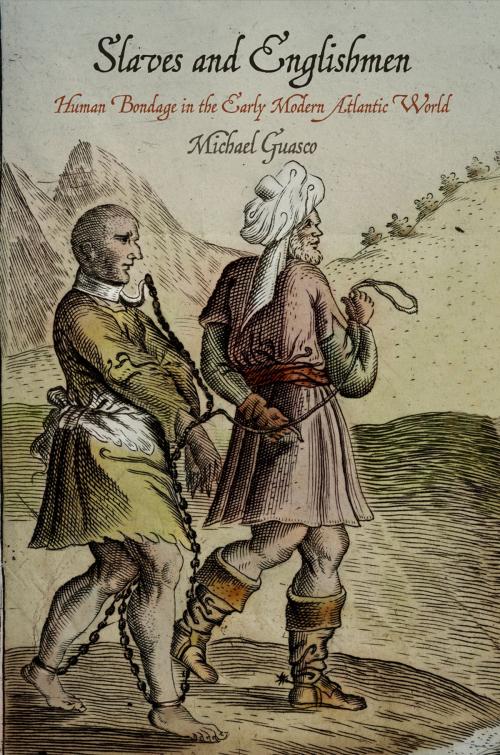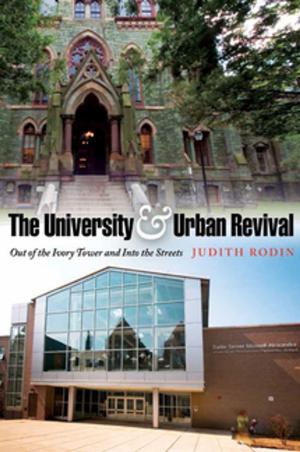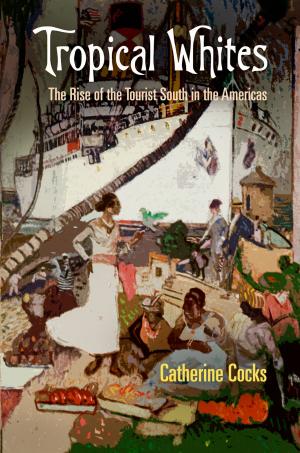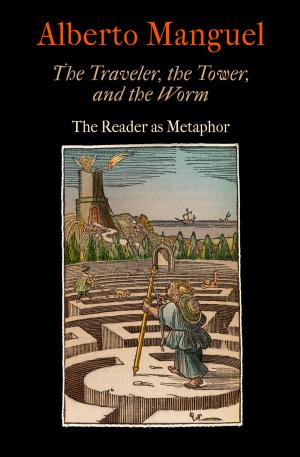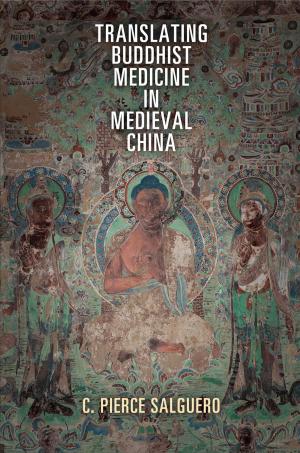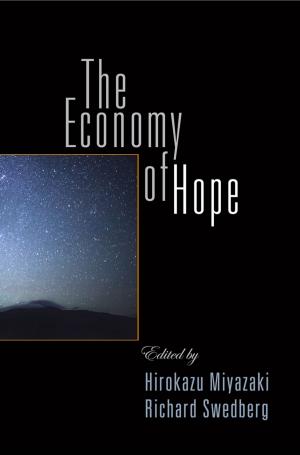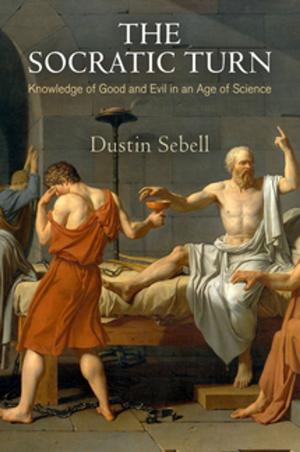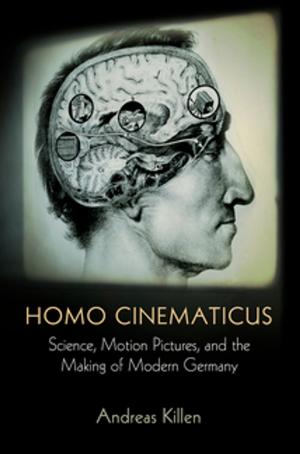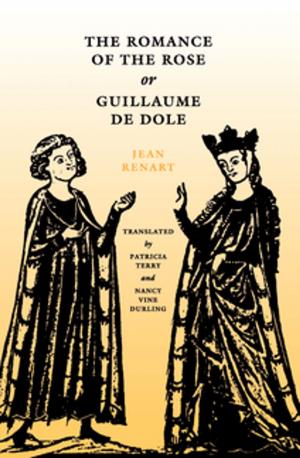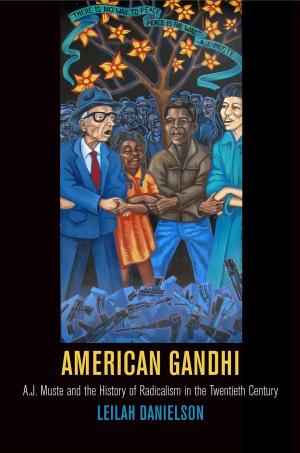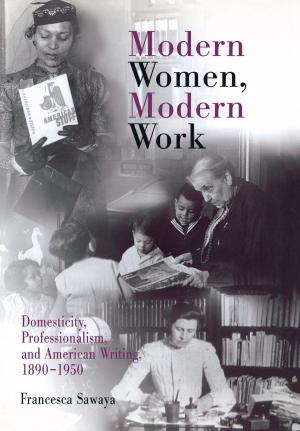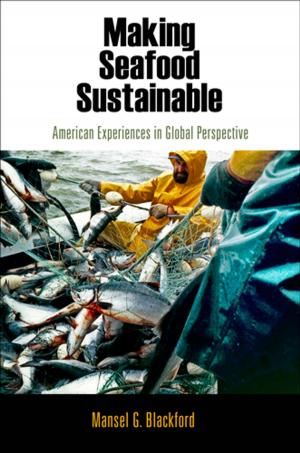Slaves and Englishmen
Human Bondage in the Early Modern Atlantic World
Nonfiction, Social & Cultural Studies, Social Science, Discrimination & Race Relations, History, Americas| Author: | Michael Guasco | ISBN: | 9780812209884 |
| Publisher: | University of Pennsylvania Press, Inc. | Publication: | January 11, 2014 |
| Imprint: | University of Pennsylvania Press | Language: | English |
| Author: | Michael Guasco |
| ISBN: | 9780812209884 |
| Publisher: | University of Pennsylvania Press, Inc. |
| Publication: | January 11, 2014 |
| Imprint: | University of Pennsylvania Press |
| Language: | English |
Technically speaking, slavery was not legal in the English-speaking world before the mid-seventeenth century. But long before race-based slavery was entrenched in law and practice, English men and women were well aware of the various forms of human bondage practiced in other nations and, in less systematic ways, their own country. They understood the legal and philosophic rationale of slavery in different cultural contexts and, for good reason, worried about the possibility of their own enslavement by foreign Catholic or Muslim powers. While opinions about the benefits and ethics of the institution varied widely, the language, imagery, and knowledge of slavery were a great deal more widespread in early modern England than we tend to assume.
In wide-ranging detail, Slaves and Englishmen demonstrates how slavery shaped the ways the English interacted with people and places throughout the Atlantic world. By examining the myriad forms and meanings of human bondage in an international context, Michael Guasco illustrates the significance of slavery in the early modern world before the rise of the plantation system or the emergence of modern racism. As this revealing history shows, the implications of slavery were closely connected to the question of what it meant to be English in the Atlantic world.
Technically speaking, slavery was not legal in the English-speaking world before the mid-seventeenth century. But long before race-based slavery was entrenched in law and practice, English men and women were well aware of the various forms of human bondage practiced in other nations and, in less systematic ways, their own country. They understood the legal and philosophic rationale of slavery in different cultural contexts and, for good reason, worried about the possibility of their own enslavement by foreign Catholic or Muslim powers. While opinions about the benefits and ethics of the institution varied widely, the language, imagery, and knowledge of slavery were a great deal more widespread in early modern England than we tend to assume.
In wide-ranging detail, Slaves and Englishmen demonstrates how slavery shaped the ways the English interacted with people and places throughout the Atlantic world. By examining the myriad forms and meanings of human bondage in an international context, Michael Guasco illustrates the significance of slavery in the early modern world before the rise of the plantation system or the emergence of modern racism. As this revealing history shows, the implications of slavery were closely connected to the question of what it meant to be English in the Atlantic world.
